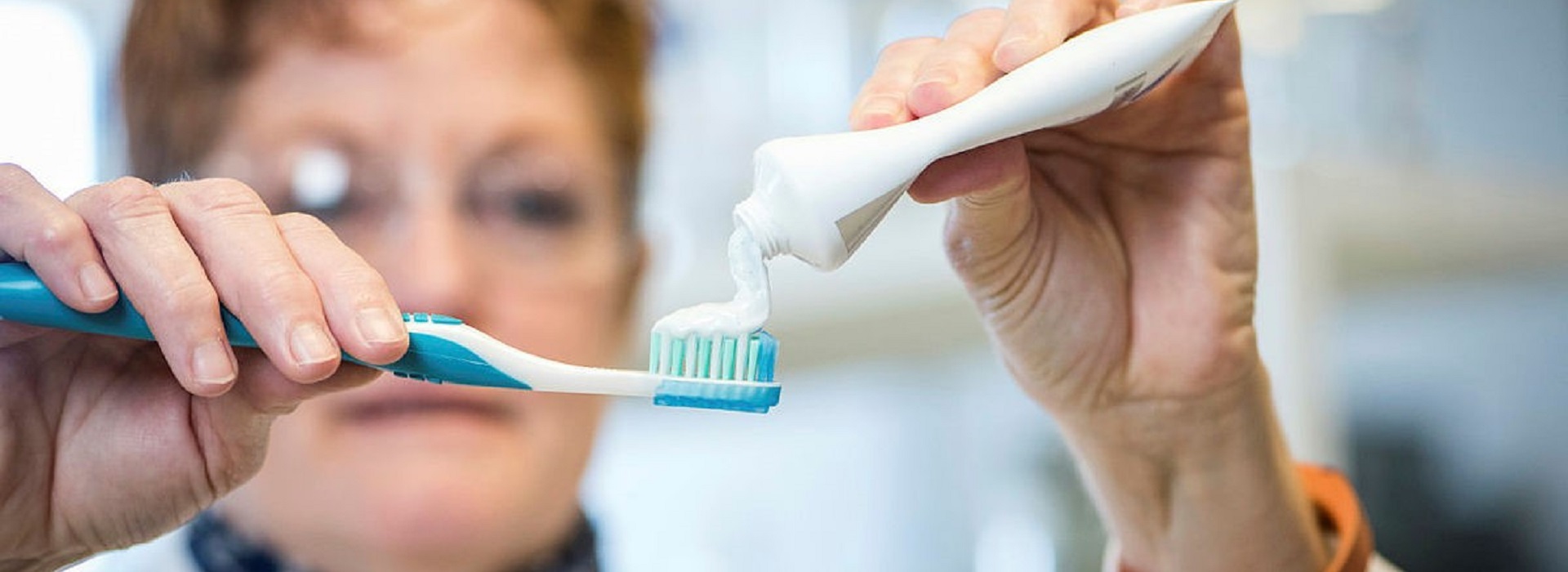
Biodegradable materials from renewable resources
New biodegradable microbeads made from materials naturally found in plants, algae and shellfish will replace polluting plastic particles found in cosmetics.
We are combining knowledge of materials processing using ionic liquids, production of nanoparticles and derivatization of particle surfaces, with the use of renewable non-food biopolymers — such as plant cellulose, the most readily renewed biopolymer — to produce more sustainable rheology modifiers, emulsion stabilisers, microbeads and other formulation ingredients.
This has led to the development of materials with various industrial partners — such as Scott Bader, PhosphonicS and Unilever — for collaborative research projects as diverse as the recovery of precious metals from industrial waste streams or the production of “natural” and biodegradable ingredients for fast-moving consumer goods. The projects were funded by Innovate UK, the EPSRC and industrial partners.
This work has also led to the founding of spin-out company Naturbeads and to further funding from Sky Ocean Ventures for this startup to commercialise plant-based beads for cosmetics. A Visiting Industrial Fellowship also stemmed from this strand of work.




